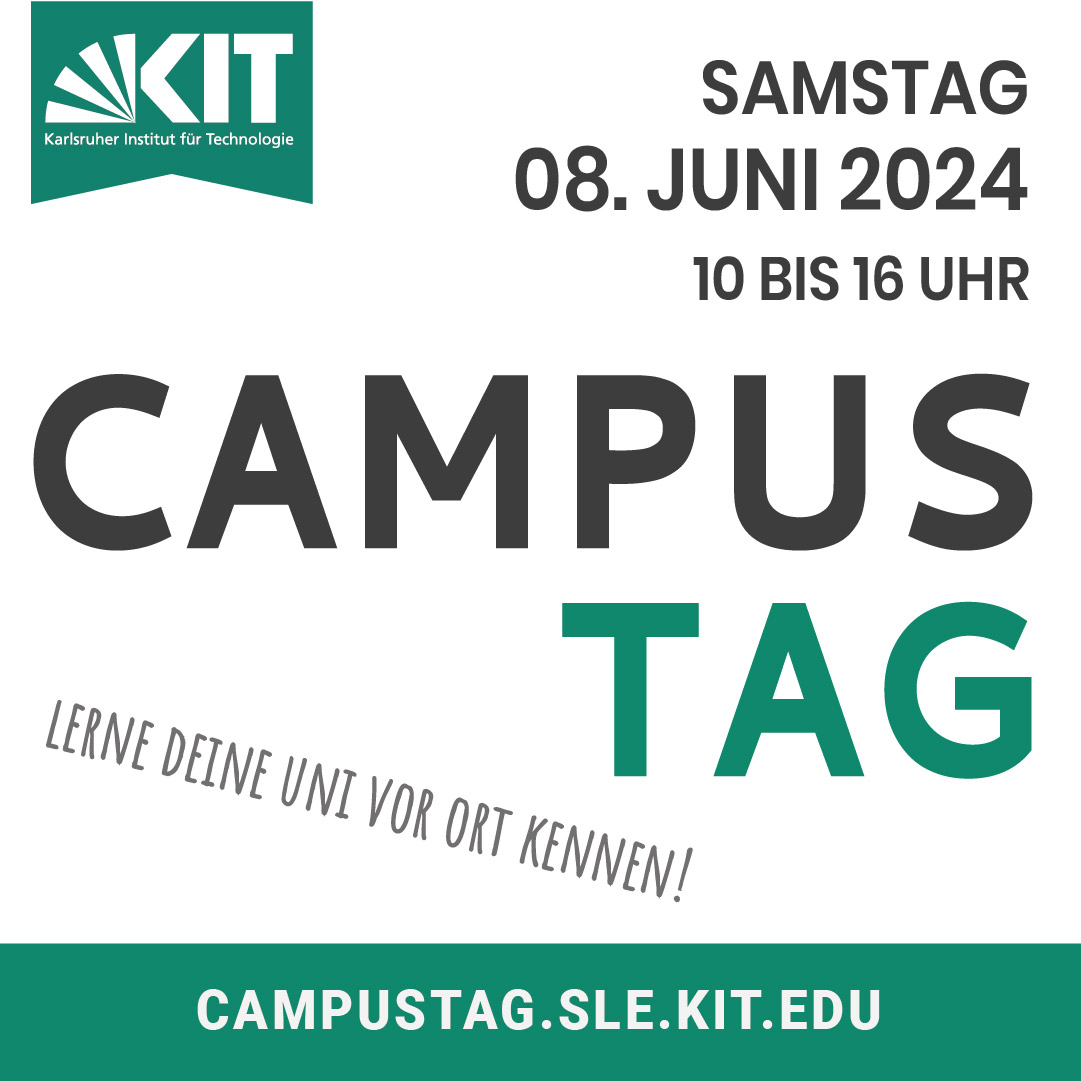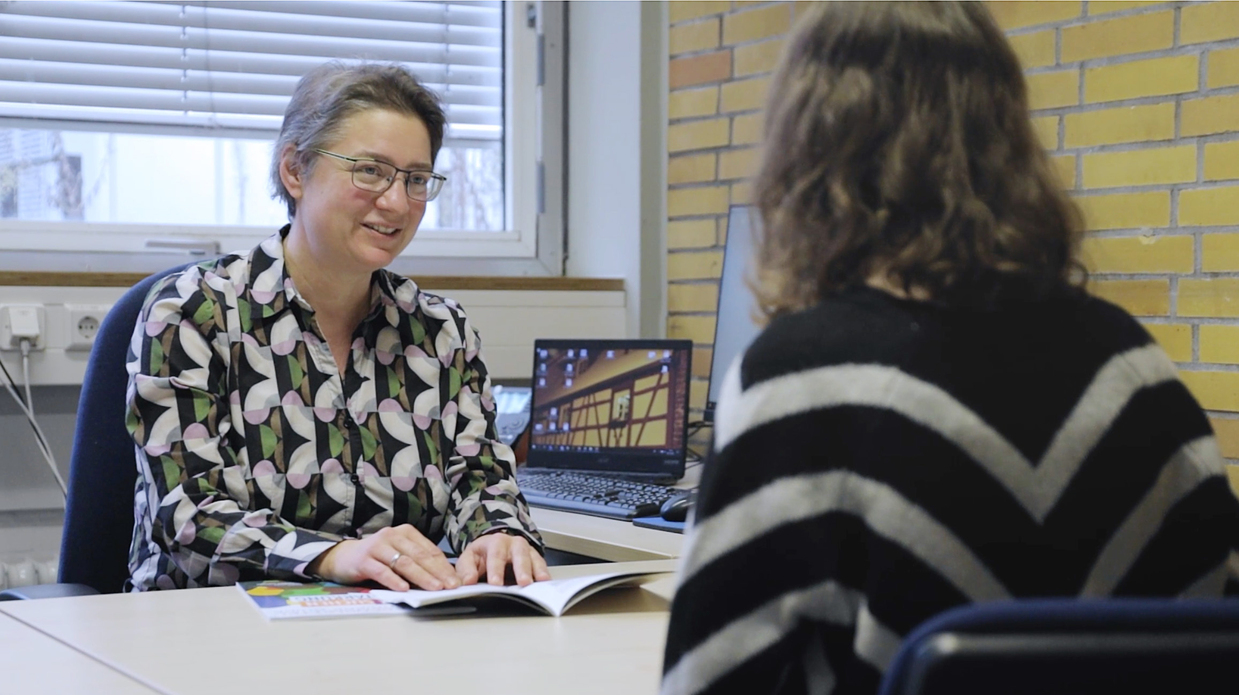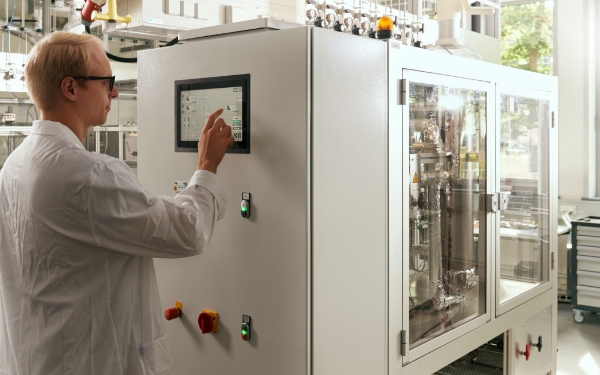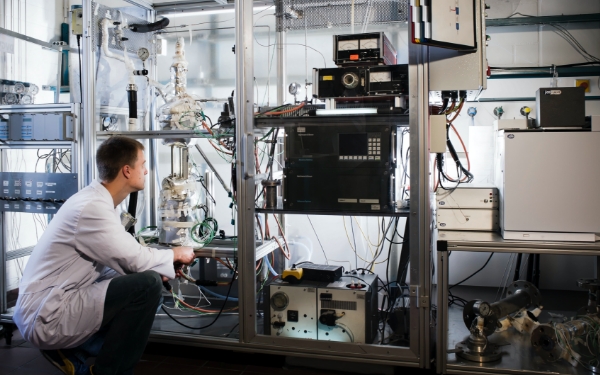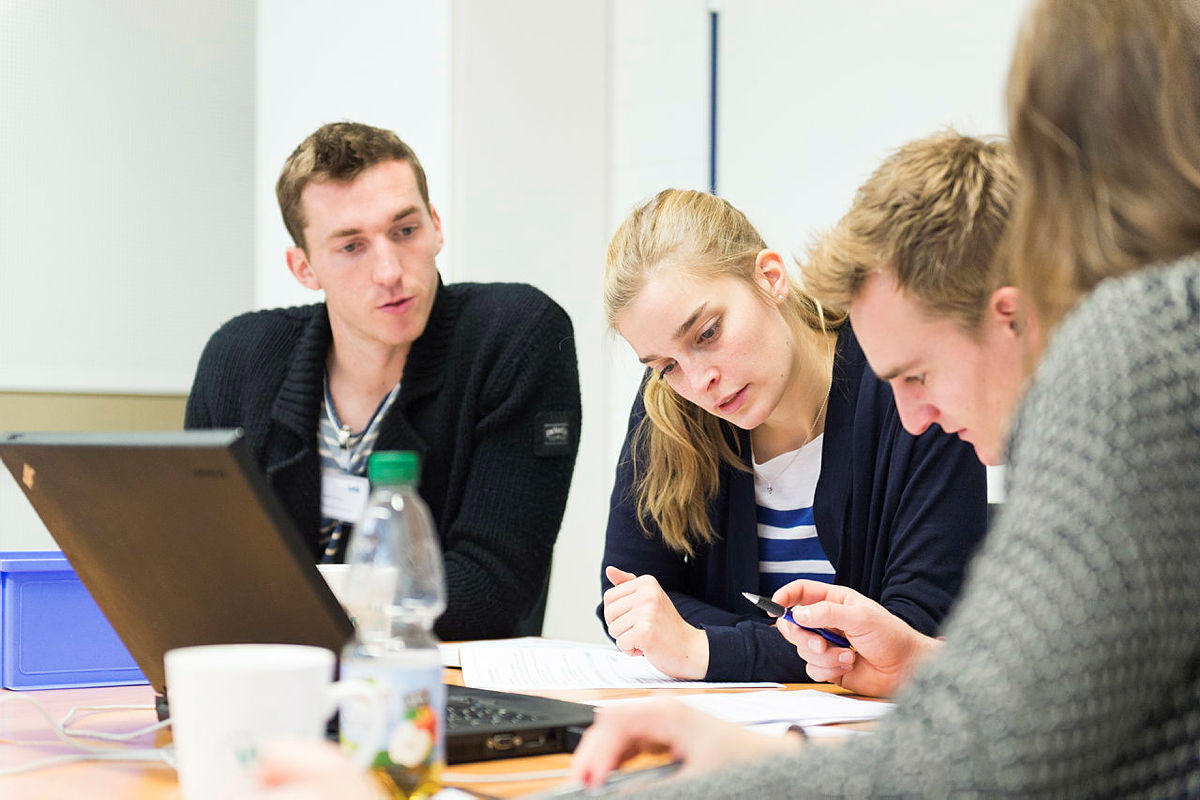CAMPUS DAY on June 8, 2024
Chemical Engineering and Process Engineering / Bioengineering: Varied studies - exciting perspectives
Process engineering is in many of our everyday products, because chemical engineers and bioengineers develop, build and operate processes in which chemical, biological and physical processes are used to produce high-quality products with desired properties from raw materials. Examples include the conversion of straw into renewable fuels, the removal of harmful nanoparticles from exhaust gases, the production of peanut flips from peanuts, or the development of processes for new highly effective vaccines or cancer drugs.
With a degree in chemical and process engineering or bioengineering, there are plenty of career opportunities: Highly topical fields of activity are energy and environmental engineering with the areas of sustainability and resource efficiency, water technology and wastewater or exhaust gas treatment, food process engineering or biotechnology. However, there are also job prospects in management, in the public sector, in engineering offices, the consulting industry or in mechanical and plant engineering. Engineers will make a major contribution to the global challenges in climate and environmental protection, the energy transition and the mobility of the future. With the research-based teaching at KIT, we qualify you for a sustainable society!
Therefor, it is important to learn the basics of mathematics, natural sciences, and engineering, which are mainly taught in the first semesters. In parallel, students learn the handling of measurement technology and technical plants in practical courses. Once the foundations have been laid, students can specialize in various areas. For that, KIT offers a breadth of profile and specialization subjects that is unique in Germany.
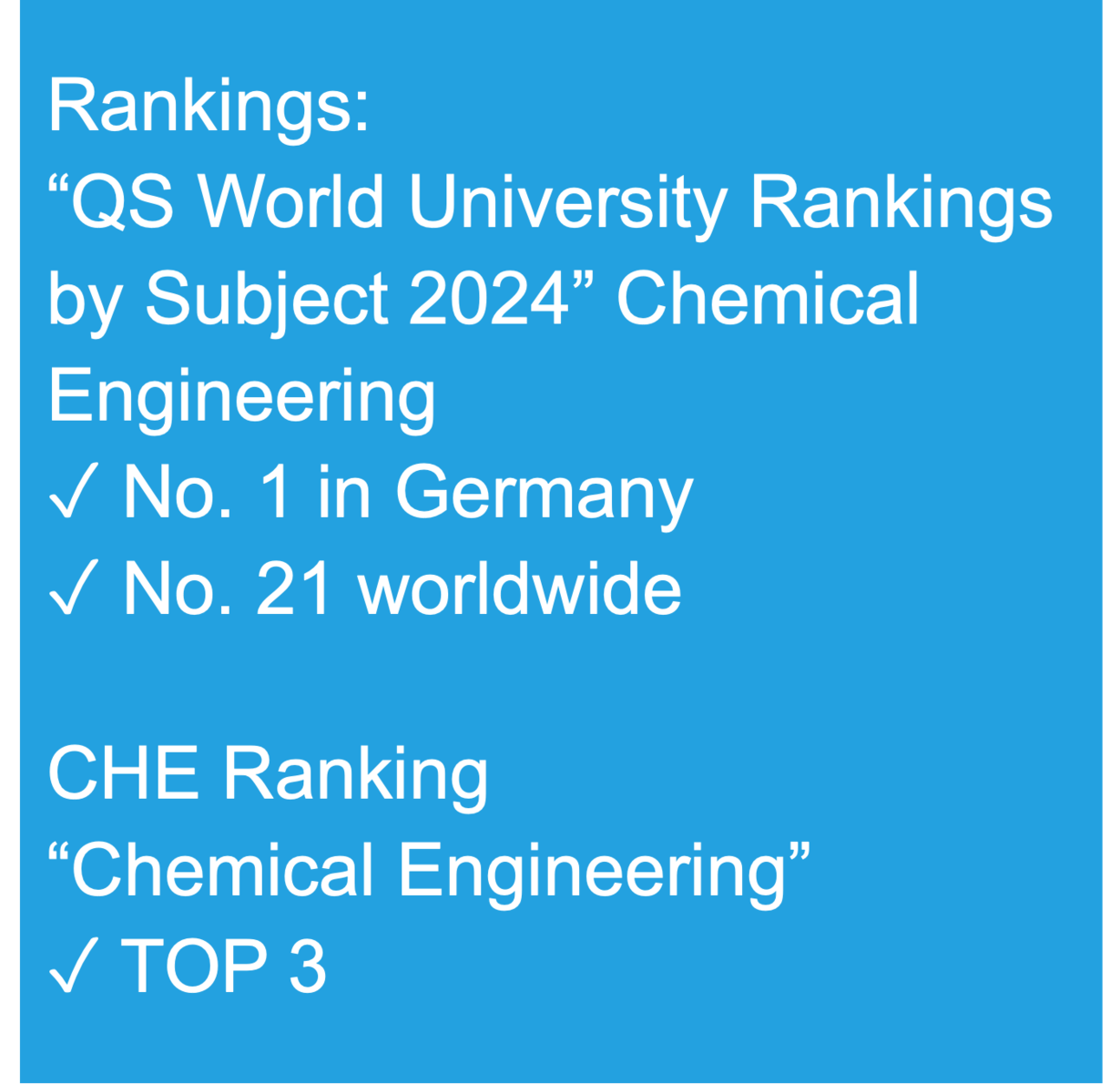
Advice and information
The KIT Central Student Advisory Service serves as the first point of contact for questions regarding the choice of studies and the planning and organisation of studies, but also for questions regarding the application process and the current status of your application. The team of the KIT Department of Chemical and Process Engineering will be pleased to advise you on all subject-specific questions concerning study contents and focal points.
Chemical engineering
Chemical engineering or process engineering is an interdisciplinary engineering science that combines mechanical engineering, physics, mathematics and physical as well as technical chemistry. It deals with the conversion of materials or chemicals on a technical scale in order to arrive at a functioning, but also economic, safe and environmentally friendly process for material conversion. The degree programme combines the natural sciences with engineering.
Bioengineering
Bioengineering is an interdisciplinary engineering science. The main objective is the utilisation and conversion of raw materials, primarily from living matter (e.g. microorganisms, fungi, algae), as well as the design of products for humans under the aspects of health and sustainable management. The basics are provided by chemistry and physics, biology, and the fundamentals and tools of classical engineering disciplines such as mechanics, materials technology and process engineering are also used.
Natural Science and Technology (teaching profession)
The Science and Technology (NwT) teaching degree programme combines engineering and natural sciences with the career goal of teaching at general grammar schools. The interdisciplinary programme teaches the basics of natural sciences (biology, chemistry, physics) and focuses on engineering sciences in the areas of machine design, technical mechanics, electrical engineering and information technology, process engineering, technology assessment, building design and building physics. More information can be found on the pages of the House of Competence (HoC) and the Centre for Teacher Education (ZLB).
Important information
-
Website of the students of the KIT-Department (Fachschaft)
-
Information brochure of the VDI (The Association of German Engineers)
Application and admission
-
Information on application and admission

